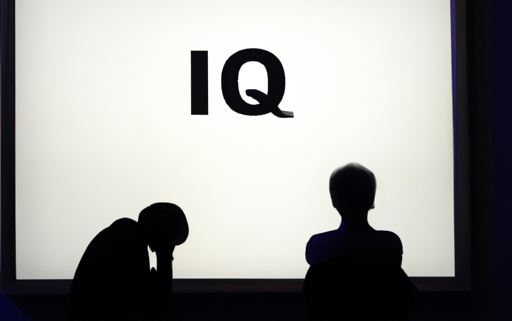The History of IQ Tests
IQ tests have become a common tool to measure intelligence, but have you ever wondered about their origins? Let’s delve into the history of IQ tests and explore how they have evolved over time. IQ tests, also known as intelligence quotient tests, have undoubtedly become an integral part of our society today, widely utilized as a tool to assess an individual’s cognitive abilities. However, delving into the intriguing history of these tests allows us to uncover their origins and comprehend the remarkable evolution they have undergone over time.
Early Beginnings
The concept of measuring intelligence dates back to the early 20th century. French psychologist Alfred Binet and his colleague Theodore Simon developed the first modern intelligence test in 1905. Their goal was to identify children who needed additional educational support.
The Stanford-Binet Test
In 1916, the Stanford psychologist Lewis Terman adapted Binet and Simon’s test for American use, creating the Stanford-Binet Intelligence Scale. This test introduced the concept of the Intelligence Quotient (IQ), which is a numerical representation of a person’s intelligence relative to their peers.
Standardization and Norms
Over the years, IQ tests underwent standardization to ensure consistent and reliable results. Norms were established to compare an individual’s performance against a representative sample of the population. This allowed for a better understanding of an individual’s intellectual abilities.
Multiple Intelligences
In the 1980s, psychologist Howard Gardner proposed the theory of multiple intelligences, challenging the traditional view of intelligence as a single, general ability. According to Gardner, there are different types of intelligence, such as linguistic, logical-mathematical, musical, spatial, bodily-kinesthetic, interpersonal, intrapersonal, and naturalistic.
Controversies and Criticisms
IQ tests have faced criticism for various reasons. Some argue that they are culturally biased, as they may not accurately measure intelligence across different cultures and socioeconomic backgrounds. Others believe that intelligence is a complex and multifaceted concept that cannot be fully captured by a single test.
Modern IQ Tests
Today, IQ tests have evolved to incorporate a broader range of cognitive abilities and are used for various purposes, including educational placement, job selection, and research. They continue to be a subject of ongoing research and debate in the field of psychology.
Conclusion
The history of IQ tests is a testament to our ongoing quest to understand and measure intelligence. While they have their limitations, IQ tests have played a significant role in shaping our understanding of human cognitive abilities. As our understanding of intelligence continues to evolve, so too will the methods we use to measure it.



